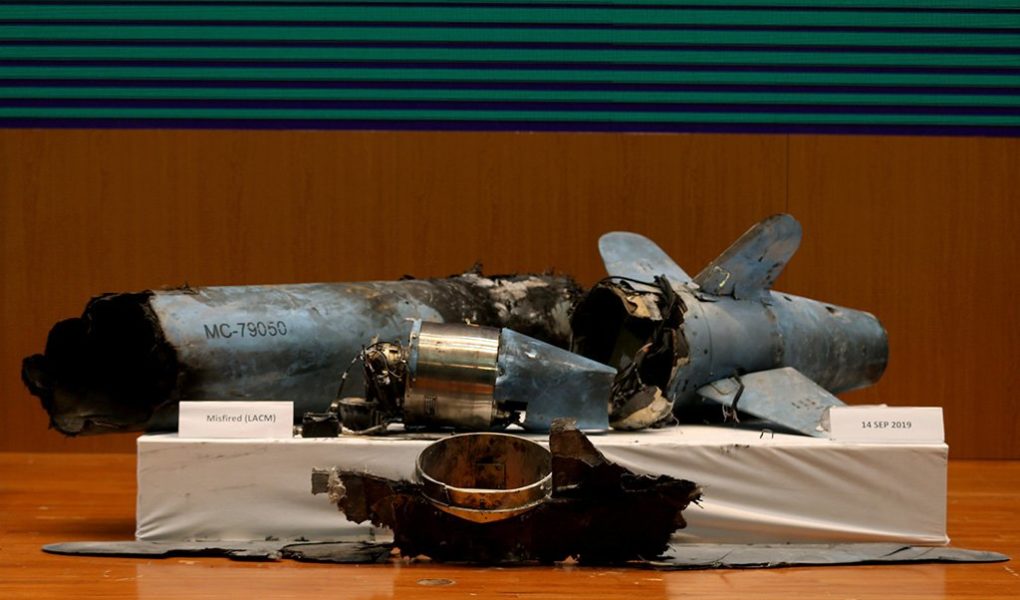With nearly a dozen explosive incidents occurring across Iran in the past three weeks—including one at a prominent nuclear facility in Natanz—renewed questions have emerged regarding Tehran’s nuclear enrichment activities. Iranian hesitance to retaliate may be due to its fear that the United States could invoke the Joint Comprehensive Plan of Action (JCPOA)’s “snapback” sanctions, thus renewing a comprehensive multilateral sanctions regime against Tehran.
When the controversial JCPOA came before Congress for review in 2015, it was accompanied by the lesser-known UN Security Council Resolution 2231. Together, these two documents established the framework for the Iran nuclear deal. But there is one powerful provision, written into UNSCR 2231, that helped convince Congress not to formally disapprove of the JCPOA—the “snapback.”
The snapback, contained in paragraphs ten through fifteen of UNSCR 2231, is a mechanism that could resurrect the entire regime of international sanctions terminated by UNSCR 2231, should a member state find Iran to be in noncompliance with the deal. The current administration has been openly considering the move.
As part of UNSCR 2231’s dispute resolution process, the snapback allows any of the states identified in the resolution (China, France, Germany, the Russian Federation, the United Kingdom, the United States, the European Union, and Iran) to initiate a dispute resolution process that, if complaints are not resolved, could re-impose or “snapback” sanctions lifted under the agreement.
Given that Iran has been open about its defiance of the Iran deal, serious consideration should be given to the triggering of the snapback and what could ensue if it is not invoked.
If the snapback option is not exercised, three sanction provisions are scheduled to expire in the near future: the embargo on conventional Iranian weapons, scheduled to “sunset” this October; the ban on Iranian ballistic missile development, set to terminate in 2023; and the expiration of the snapback mechanism itself in 2025.
The lifting of the arms embargo would be nothing short of disastrous, which explains in part why a separate contingent of voices has emerged strictly advocating for an extension of the arms embargo, irrespective of the snapback.

